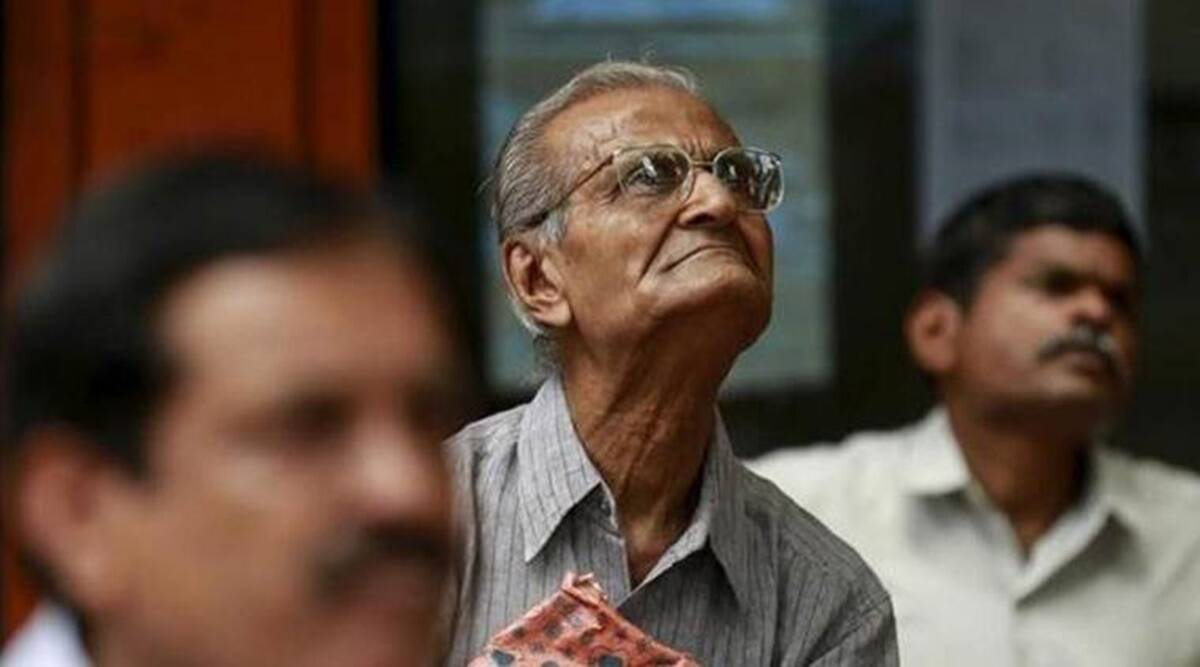The National Institute of Mental Health and Neuroscience will train 10,000 mental health workers to assist the elderly

As part of a collaboration between the National Institute of Mental Health and Neuro-Sciences (NIMHANS) and HelpAge India, an NGO that works with the elderly, the National Institute of Mental Health and Neuro-Sciences (NIMHANS) will train 10,000 mental health workers in psychiatric support for seniors suffering from depression and dementia across the nation. An initiative to promote the mental well-being of the elderly, Sarthak, is educating nurses, healthcare workers, and volunteers about geriatric mental health.
A more significant proportion of the elderly has subsyndromal mental health issues requiring psychosocial support, according to Dr PT Shivakumar, Additional Professor of Psychiatry, NIMHANS. Mental health education and awareness are key mechanisms for identifying concerns and implementing appropriate measures. Caretakers and community workers should be on the lookout for these signs. Consequently, community-based systems play an essential role in addressing this issue,” he said.
A customised module will be developed for each category of non-specialised health workers and community caregivers as a result of this collaboration.
Through customised modules explicitly tailored for each specified category, such as Non-Specialist Health Workers, Informal Caregivers and Institutional Care Givers, this course will provide training to a wide variety of non-specialised health workers and community caregivers.
Dr Vinod K Paul, a Member of the NITI Aayog, inaugurated the program and stated that trained professionals would go a long way in providing much-needed health care to the population. Psychiatrists are in short supply in the country, which is concerning. The government is taking steps to rectify this situation, including increasing the number of psychiatry seats and emphasising nursing care. The primary healthcare system is capable of treating 90% of health problems without the need for specialists. A model of graded care such as this is much needed,” he concluded.



